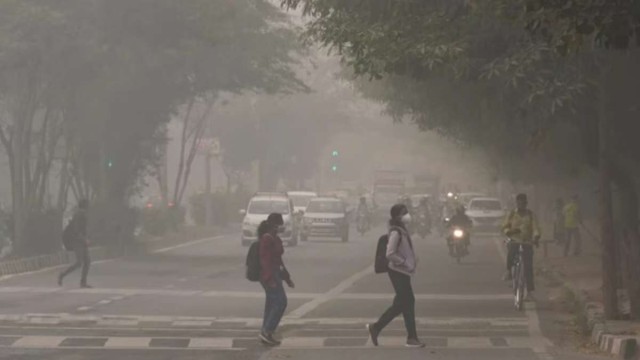At 9:15 am on Monday, May 6th, Dhaka, the capital of Bangladesh, witnessed an update in its air quality, with an Air Quality Index (AQI) score of 112. This positioned Dhaka as the 11th city globally with the worst air quality. The city's weather conditions were classified as 'unhealthy for sensitive groups'.
The latest data revealed that Delhi in India, Lahore in Pakistan, and Kathmandu in Nepal led the rankings with AQI scores of 338, 184, and 175, respectively. The escalating AQI values underscored the pressing need for immediate attention and concerted action to address the burgeoning air pollution crisis.
AQI plays a pivotal role as an indicator, offering valuable insights into the quality of the air and its potential implications for public health. Dhaka's AQI, influenced by various pollutants such as particulate matter (PM10 and PM2.5), NO2, CO, SO2, and ozone, underscores the complexity of the pollution challenge.
Despite periodic fluctuations, Dhaka continues to grapple with air pollution, exacerbated by seasonal changes and environmental factors. While the city's air quality typically worsens during the winter months, there are sporadic improvements observed during the monsoon season.
The World Health Organization (WHO) warns that air pollution claims nearly seven million lives annually, highlighting the dire consequences of poor air quality. The adverse effects extend across a spectrum of health disorders, ranging from respiratory infections to cardiovascular diseases.































Comment: